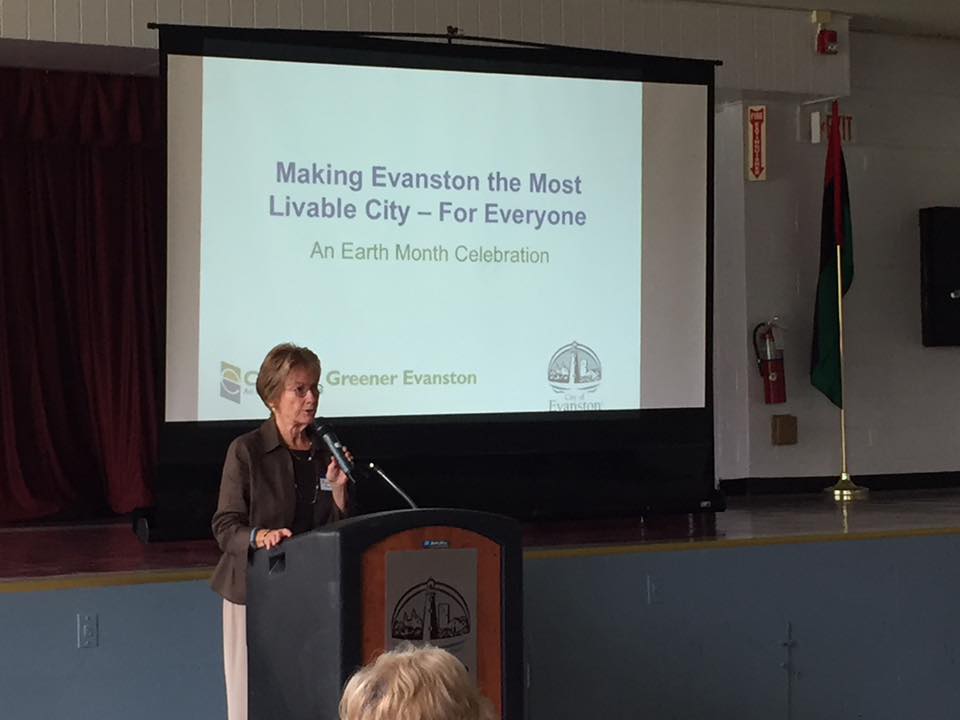You are here
Expanding Affordable Housing
The rising cost of housing in Evanston is requiring residents to spend an increasingly larger share of their income on housing, making it more and more difficult to afford to live here. In order to maintain our community’s prized economic and racial diversity, we must create and preserve more affordable housing.

To that end, we need to pursue the following initiatives:
Affordable Housing Plan. As a member of the Affordable Housing Plan Steering Committee, I am committed to our completing and implementing a comprehensive and equity-driven Affordable Housing Plan. This plan should define the need, set goals and metrics, recommend strategies, establish priorities for the use of City resources, including the Affordable Housing Fund, and require regular reporting and assessments of progress made and adjustments needed.
Evanston zoning code. We should undertake a comprehensive review and updating of our zoning code, applying an affordability lens. By modifying our zoning rules to allow a variety of housing sizes and types and smaller lot sizes in all neighborhoods in Evanston, we can increase housing options and create more affordability.
Community education. The City, in partnership with local organizations, should undertake a public education program to help residents understand the extent of the need for all types of affordable housing in Evanston, the connection between current housing patterns and the exclusionary housing practices of the past, and how the whole community will benefit from expanding the supply of affordable housing in Evanston.
Recent initiatives
Accessory Dwelling Units (ADUs). Over the past year and a half, we have approved the rental of coach houses to non-family members and legalized attached/internal ADUs, such as basement units. The smaller size of these units means they have lower rents while also giving the homeowner extra income to help with housing expenses.
Inclusionary Housing Ordinance. I served on the sub-committee that drafted amendments (effective January 2019) to strengthen the IHO by requiring that at least half of the required affordable units in a development be onsite and by increasing the fee-in-lieu to be paid as an alternative to providing onsite units.